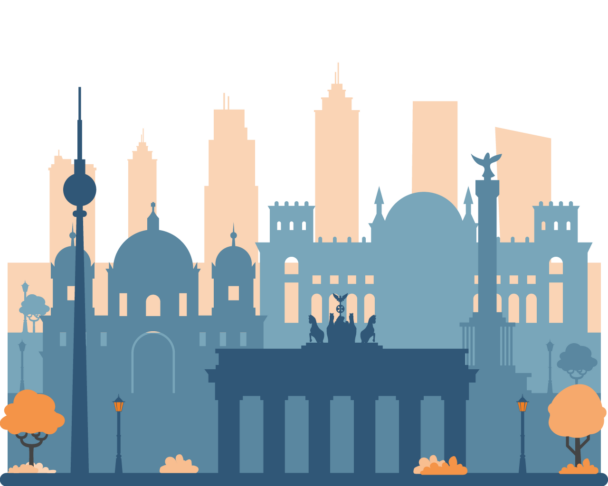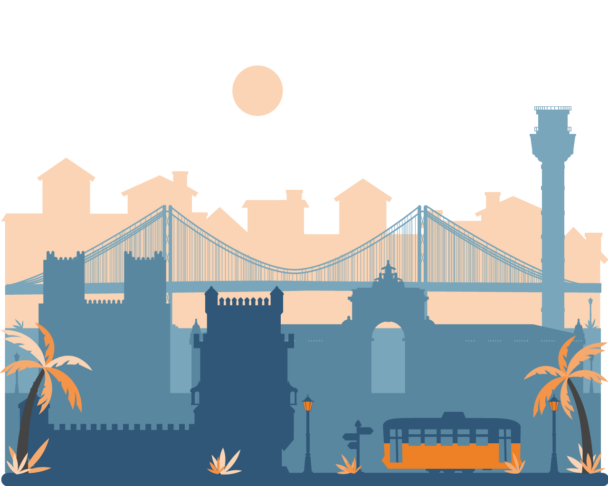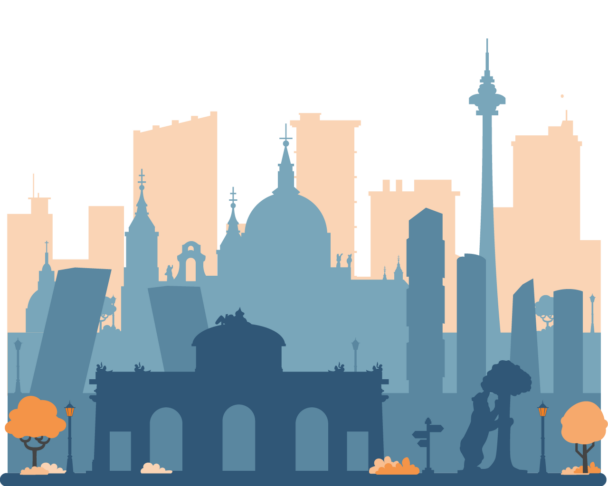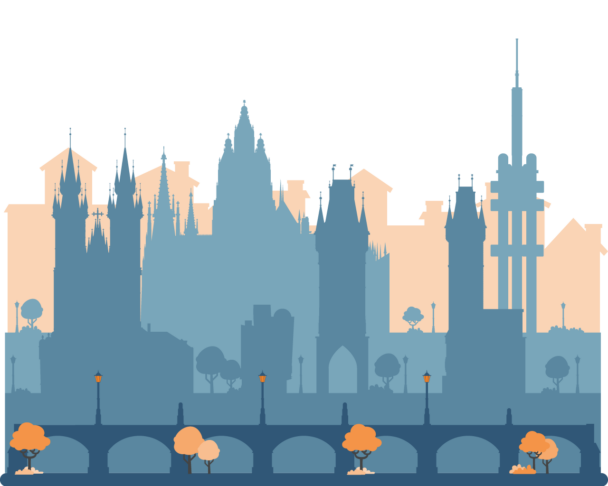Description
For today’s children and teenagers, it is easier to communicate with a few icons and animated GIFs than with words. This is the consequence of a visual revolution in the transfer of information.
However, this is also the oldest form of communication; have you ever reflected on it? Across millennia, from cave paintings, hieroglyphs, and graffiti to Biblia pauperum, humanity relied on images to tell stories and share the news.
This course will make the participants explore the recurrent power of visual communication in contemporary digital media for teaching and storytelling.
Modern types of visual communication include animated GIFs, memes, screenshots, videos, photography, emoticons, pie charts, infographics, and slide presentations. Participants will get to know the communication style proper of each of these media and understand how to value its efficiency and usability for teaching and learning.
Participants will also discover how to use visual communication and media literacy to develop critical thinking, collaboration, communication, and creativity.
Conversely, they will reflect on how easy it is to manipulate visual and digital stories to play on the emotions of others (i.e., via IG filters or deepfake), and accordingly how to prepare their learners to better examine and evaluate digital news.
By the course conclusion, participants will be able to move around modern types of visual communication to communicate well with the newest generations, and to develop media and visual literacy skills.
They will feel confident to use storytelling and digital communication to build visual bridges between generations, and between teachers and students.
What is included
Learning outcomes
The course will help the participants to:
- Analyze and deconstruct news, media products, and narratives;
- Discuss cultures through visual media;
- Build defenses against “fake news” and propaganda;
- Promote critical thinking in themselves and their learners;
- Use photography and other visual arts as a tool for communication and learning;
- Use visual materials and tools to spread a message;
- Give voice to children of any age using language-independent tools;
- Create their films as learning material.
Tentative schedule
Day 1 – Mapping the visual reality
- Introduction to the course, the school, and external week activities;
- Icebreaker activities;
- Identification of needs and goals for each participant and relevant populations;
- Presentations of participants, their schools, and the trainer;
- Naming and recognizing cultural outputs: placing countries on a culture map.
Day 2 – Visual culture
- Visual communication: an introduction;
- Cultures of communication;
- The clash of generations;
- Informative and educational memes;
- Creating memes to build bridges between ages.
Day 3 – Media and (fake) news
- The relationship between media and education;
- Media Literacy: storytelling in different media, countries, and cultures;
- Tools for critical thinking;
- Fake news and media manipulation: history and case studies;
- Breaking through fake news: a practical exercise.
Day 4 – Narratives and storytelling
- The elements of a narrative;
- Different ways to tell a visual, language-independent story (comics, films, games, music)
- Case study: fiction that teaches;
- My story: a storytelling exercise to share good practices.
Day 5 – Creating a visual message
- Practical activity: creating a visual message (e.g., a short film, a photo book, a graphic novel)
- Sharing among the participants.
Day 6 – Course closure and cultural activities
- Course evaluation: round-up of acquired competencies, feedback, and discussion;
- Awarding of the course Certificate of Attendance;
- Excursion and External cultural activities.




